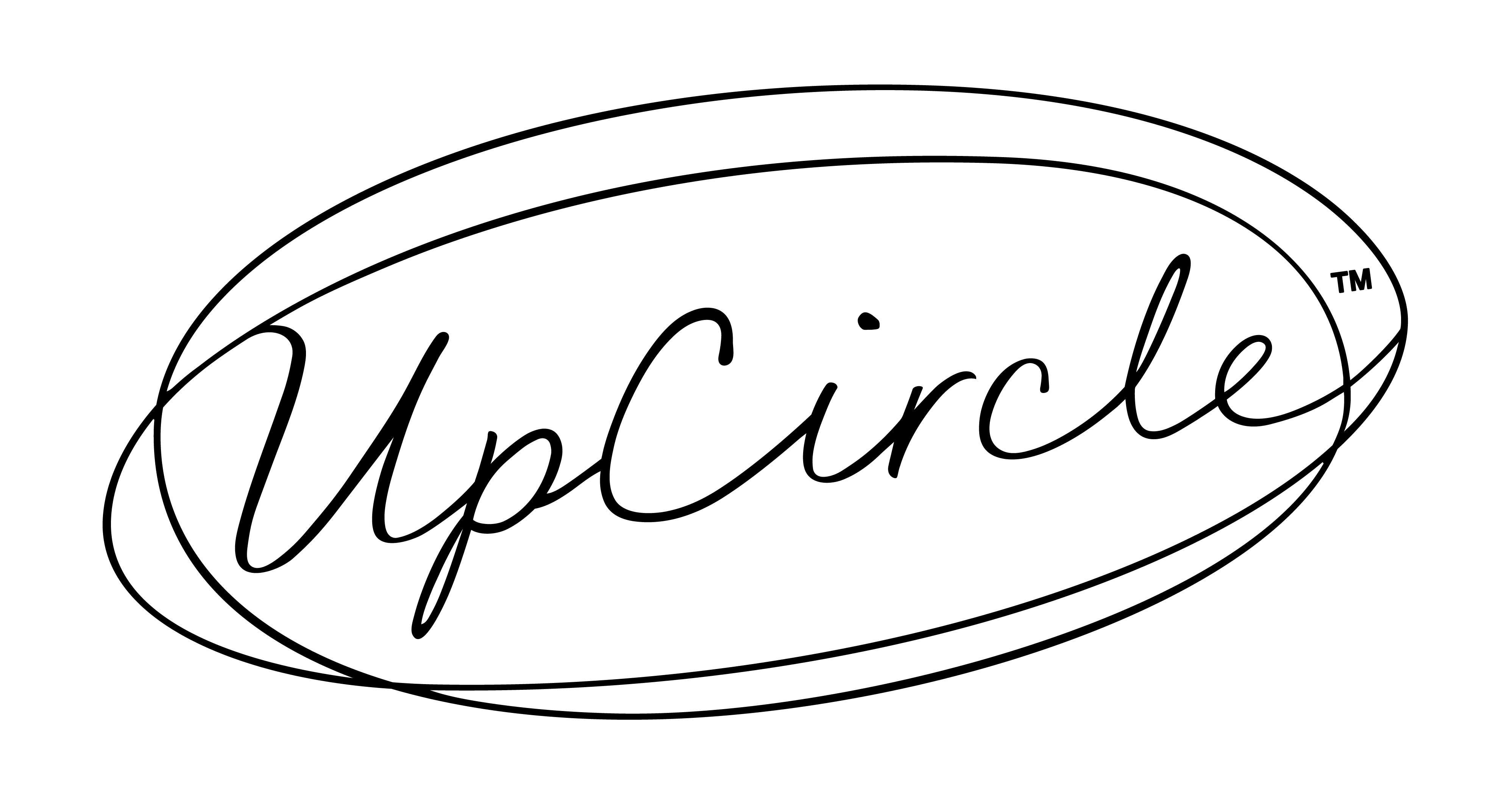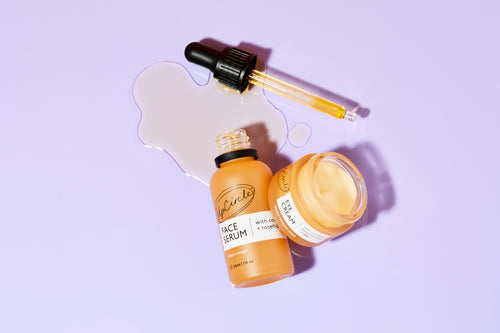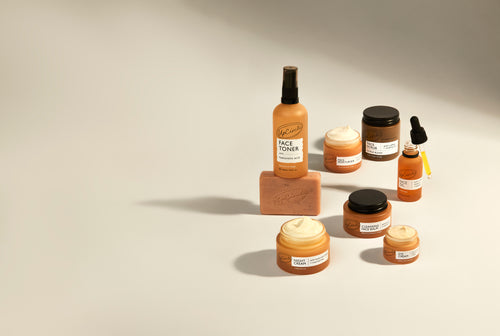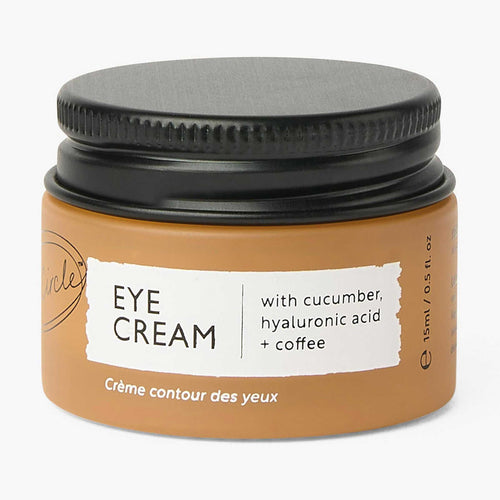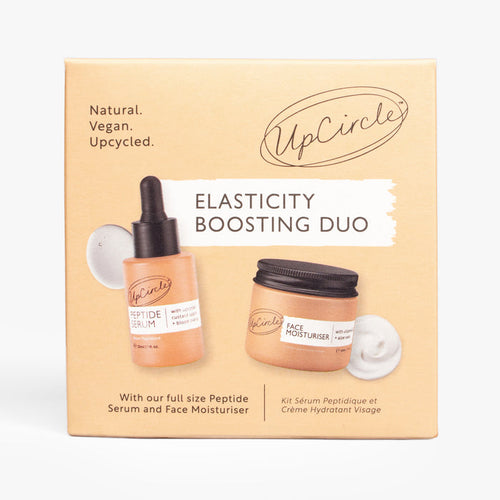The UpCircle guide to greenwashing
What is greenwashing?
Greenwashing is where a company portrays their products or services as sustainable and environmentally friendly solely for the purpose of PR and marketing. Greenwashing involves unsubstantiated and misleading claims about the ethics related to their brand and products. It involves a bias presentation of the facts in order to convince the consumer they are environmentally friendly, when in fact, they are not.
A growing number of consumers say they’re willing to pay more for products with a sustainability message. As consumers are becoming more conscious of the products and services they use, this is a cheeky tactic to mislead the market and mislead customers into purchasing their products.

How to spot greenwashing
As consumer demand for sustainability increases and some companies are genuinely dedicating time and money to creating a greener and more equal global economy, being able to spot greenwashing is becoming increasingly important. Futuerra’s 2015 Selling Sustainability Report provides 10 basic rules for identifying (as a consumer) and avoiding (as a producer) Greenwashing:
• Fluffy language: Words or terms with no clear meaning (e.g., "eco-friendly")
• Green products vs. dirty company: Efficient light bulbs made in a factory that pollutes rivers
• Suggestive pictures: Images that indicate an (unjustified) green impression (e.g., flowers blooming from exhaust pipes)
• Irrelevant claims: Emphasizing one tiny green attribute when everything else is un-green

• Best in class: Declaring you are slightly greener than the rest, even if the rest are pretty terrible
• Just not credible: "Eco-friendly" cigarettes, anyone? "Greening" a dangerous product doesn't make it safe.
• Gobbledygook: Jargon and information that only a scientist could check or understand
• Imaginary friends: A label that looks like a third-party endorsement … except it's made up
• No proof: It could be right, but where's the evidence?
• Outright lying: Totally fabricated claims or data
Who is doing it?
Getting genuinely nontoxic products to the market takes up a lot of time and money (as we know at UpCircle!) It requires dedication and unfortunately that doesn’t cosy up with short-term financial gains. Many companies are turning to greenwashing to make a quick buck. The following are some of the most commonly greenwashed products / industries – watch out for the below!
1. PERSONAL AND BEAUTYCARE - An industry very close to our hearts. Watch out for words such as ‘natural’ or ‘eco-friendly’ – what does that actually mean? Look for certifications. Know your ingredients. For example, does the product contain synthetic fragrances? See our blog post here on what ingredients to look out for. Take Clairol’s Herbal Essences. It has claimed a “truly organic experience” in the past. But lauryl sulfate, propylene glycol and D&C red no. 33 aren’t really that organic.
2. FEMININE HYGIENE - Tampon applicators are made using petroleum-based plastics that are not biodegradable. Tampons without applicators might be better for the environment but commercial tampon companies fail to mention the herbicides, insecticides, fertilizers and other crops used to produce cotton. Those hormone-disrupting chemicals are absorbed by the body.
3. HOUSEHOLD PRODUCTS - This particular category many people are willing to spend extra money on to guarantee their homes are environmentally and family friendly. Greenwashing in the industry involves the use of nature imagery such as leaves and trees and use of words such as ‘eco’. Those floor wipes might be biodegradable but what about the chemicals in the wipes, how well do they break down in the environment? And the plastic container that these wipes are packaged in is definitely not biodegradable.

What can you do?
Greenwashing emerged in a period when most consumers received their news from television, radio and print media, and didn't have the luxury of fact-checking in the way we do today. Watch out for the tactics used above, especially in industries which are notorious for Greenwashing. Use technology to inform yourself. Research companies, read ingredients, contact businesses, ask questions and start to hold people accountable for their claims!
If you've got any questions for us then drop them in the comments below!
